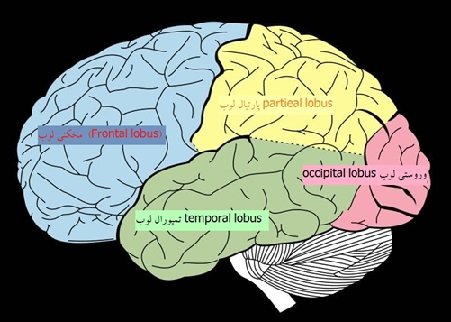Brain disorders and their symptoms
Brain disorders affect more than 7 million people of all ages worldwide. Read on to know more about this condition and the types of brain disorders.
Undoubtedly, the brain is the most important organ in the human body, because it controls all the functions of the body. Your brain gives you the ability to think, talk, feel, see, hear, remember things, walk, etc. Therefore, brain disorders can affect many different functions of the body. For example, damage to the right side of the brain may cause movement problems.
“World Brain Day is celebrated every year on July 22 to raise public awareness about the importance of brain health.”
Last year, the World Federation of Neurosciences (WFN) and the International Parkinson’s Disease Society (IPMDS) jointly selected Parkinson’s disease as the theme for World Brain Day. Parkinson’s disease is a brain disorder that causes problems with balance and coordination.
Different types of brain disorders:
brain lesions;
Brain injuries are often caused by shock/stroke, which damages brain tissue, neurons, and nerves. This can affect your brain’s ability to communicate with the rest of your body. Brain injuries include blood clots, concussions (injury of brain tissue), brain edema (swelling of the scalp), concussions, and strokes.
A brain injury may lead to these symptoms: vomiting, speech/sound problems, bleeding from the ear, numbness, paralysis, and memory loss.
brain tumors;
When a tumor occurs in the brain, it is called a primary brain tumor. In some cases, the cancer may grow elsewhere in your body and spread to the brain. These types of brain tumors are called secondary brain tumors.
Depending on the size of the tumor, the symptoms are also different. The most common symptoms of brain tumors are headache, constipation/constipation, numbness, tingling in hands and feet, dizziness, movement and balance problems.
Neurological disease;
Neurological disease is characterized by progressive and irreversible loss of neurons from specific areas of the brain. Neurological diseases include Alzheimer’s, Huntington’s disease, Parkinson’s disease and all forms of dementia.
Neurological disorders can include memory loss, forgetfulness, depression, anxiety, mood swings, and other symptoms.
psychological disorders;
Psychological disorders/psychological disorders refer to a wide range of mental health conditions that affect how you think, feel or behave. Psychological disorders such as depression, anxiety, bipolar/traumatic stress disorder, and schizophrenia.
Symptoms of depression vary based on the disorder. Some of the signs and symptoms of mental illness are as follows:
Feelings of depression/low self-worth
Decreased concentration and abilities
A lot of fear and anxiety
Suicidal thoughts
Significant fatigue, low energy
Psychological disorders may also cause physical problems, such as stomachaches, backaches, headaches, or other undiagnosed pains.
Source: TheHealthSight.com

